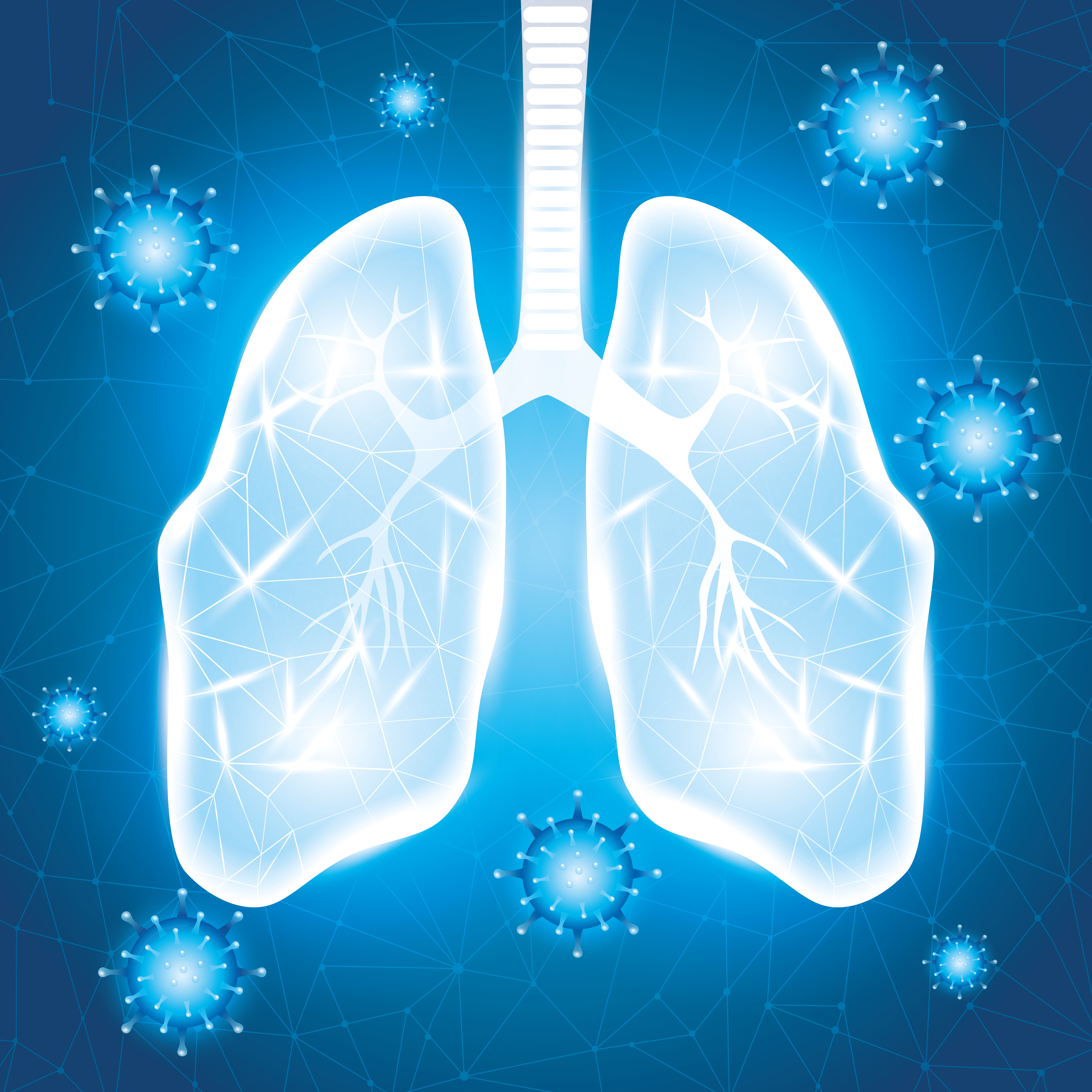The Gut Microbiome in Respiratory Tract Infections

News Release, International Society of Microbiota – March 16, 2022.
Respiratory tract infections (RTIs) can cause gastrointestinal tract symptoms and changes to the gut microbiota, yet these effects are poorly understood. This systemic review conducted by Woodall et al. evaluated the reported evidence of gut microbiome alterations in patients with a RTI compared to healthy controls.
Studies included in the following review reported gut microbiome changes in the context of:
- Severe Acute Respiratory Syndrome Coronavirus 2 (SARS-CoV-2)
- Influenza (H1N1 and H7N9)
- Tuberculosis (TB)
- Community-Acquired Pneumonia CAP
- Recurrent RTIs (rRTI) infections.
Studies of patients with an RTI reported a decrease in gut microbiome diversity and a lower abundance of taxa, when compared to controls.
Unbiased analysis displayed as a funnel plot revealed a depletion of Lachnospiraceae, Ruminococcaceae and Ruminococcus and enrichment of Enterococcus.
There was an important absence in the lack of cohort studies reporting gut microbiome changes and high heterogeneity between studies may be explained by variations in microbiome methods and confounder effects. Further human cohort studies are needed to understand RTI-induced gut microbiome changes to better understand interplay between microbes and respiratory health.
Targeting Microbiota 2022 will give you an oportunity to better understand the link between the gut microbiota and different diseases. Speakers like Dr. Carmen González will present their work on the relationship between microbiota and disease.
Read the systemic review.
© Image -studiogstock, freepik
Media contact:
International Society of Microbiota
[email protected]
Targeting Microbiota 2022 Congress
October 19-21, 2022 - Paris, France
www.microbiota-site.com
























































